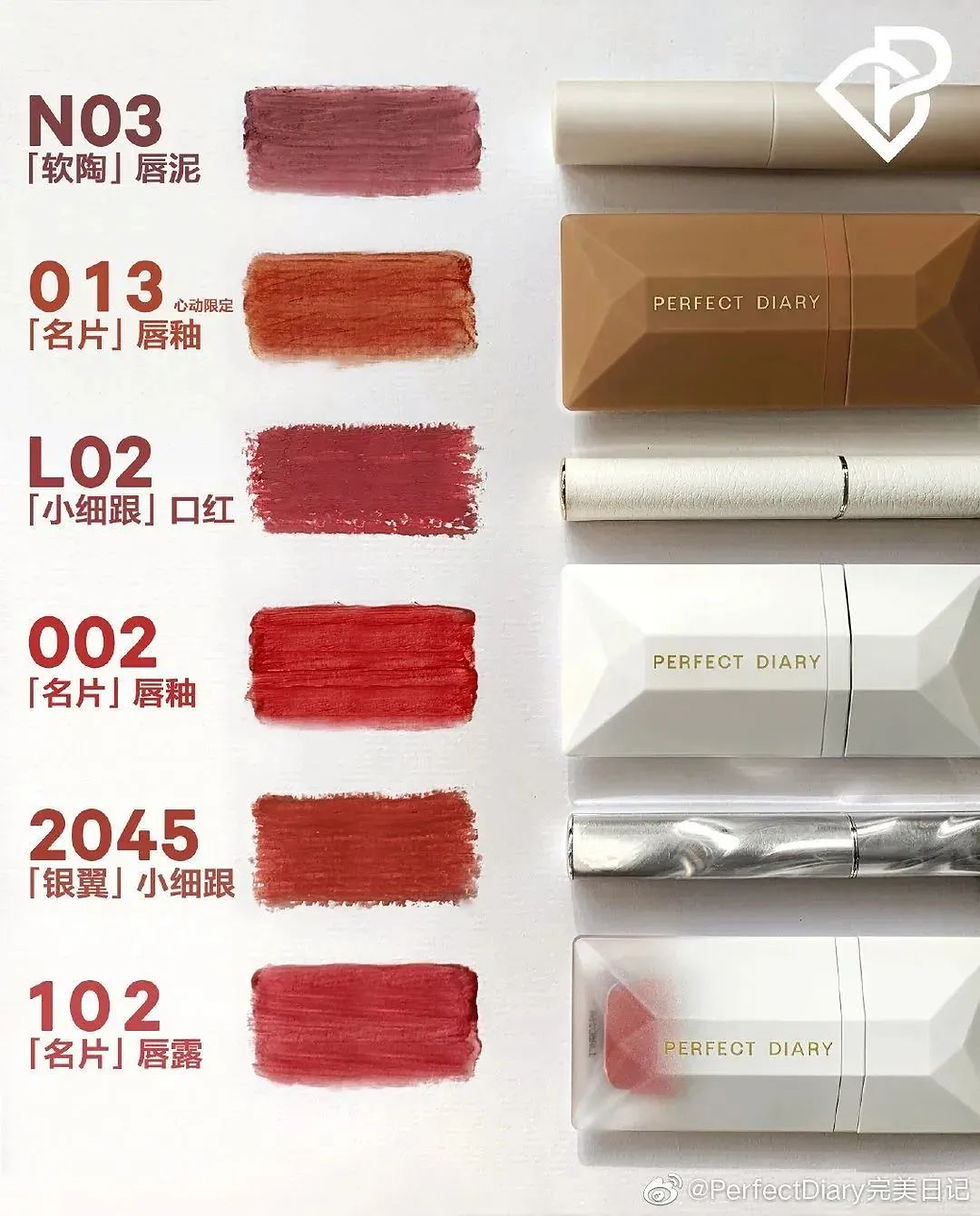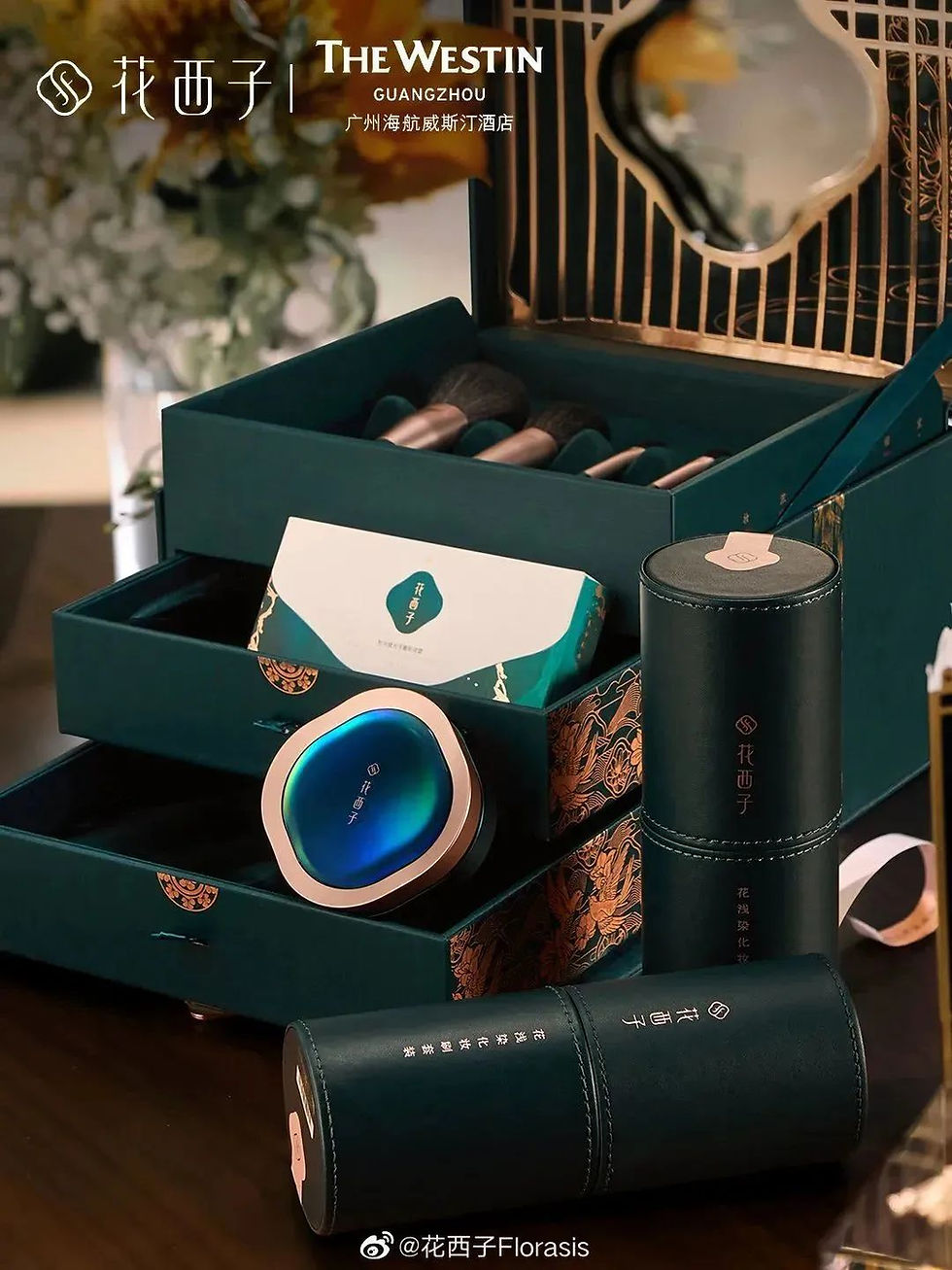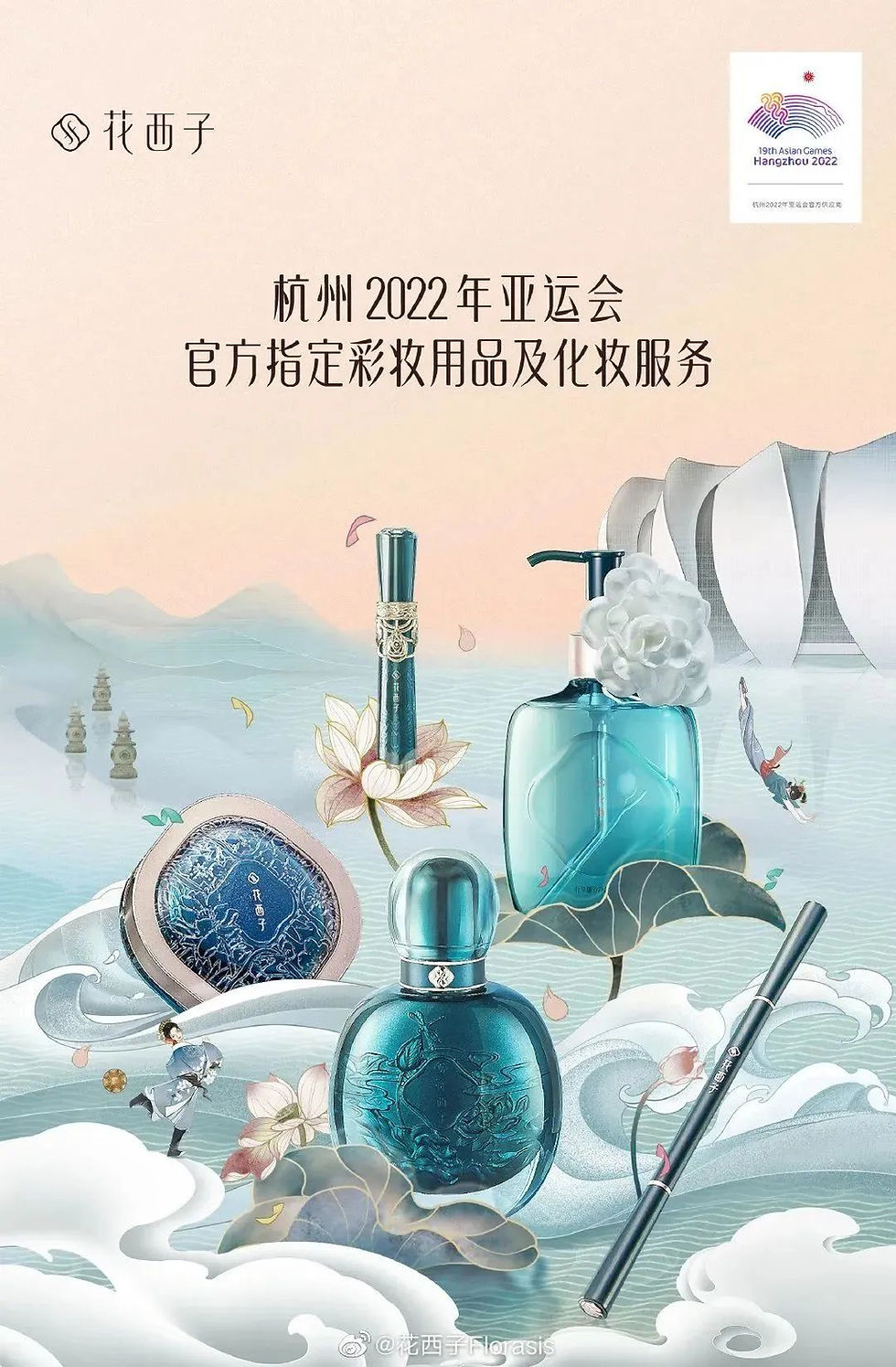November 11, also known as Double 11, the most important shopping festival in China, is the crucial holiday that drives sales throughout the year, turning November into a busy time for merchants in China.

Double V. Consulting has been dedicated to helping overseas brands design China's localization strategy. It is the 5th Double 11 that we have been through along with our brands.
Double 11 is like a mirror that reflects China's economy. In this article, we will discuss the challenges that brands are facing and the marketing strategies worth trying, which may inspire you when you plan for next year's China marketing.
Beauty Sales: Remained Strong in Downturn
For Double 11 in 2022, Taobao, Vipshop, Douyin, Kwai and other e-commerce platforms remained silent on GMV (Gross Merchandise Volume) and growth figures. The annual Double 11 Gala was not held this year, quietly announcing that the era of using GMV as a sales indicator has ended.
Taobao tactfully claimed that the sales this year are no worse than last year's, but merchants are well aware of the fragile market situation.
Despite the downturn, beauty and personal care remained strong on mainstream platforms, ranking as one of the Top 10 categories.

▲ Data via @Syntun, Chart via @Double V. Consulting
Comprehensive data of Chinese mainstream e-commerce platforms (Nov 2022)
Challenge: Extremely High Acquisition Cost
Today, the customer acquisition cost on mainstream e-commerce platforms such as Taobao and JD continues to rise. Merchants are having difficulties acquiring new customers from the public domain. The user base has already reached a peak.
How do we get rapid growth? Taking beauty and personal care as an example, let's look at the markets under development:
China's beauty industry has been dominated by foreign beauty giants for a long time, while local brands have just emerged in recent years. The 1st- and 2nd-tier cities are covered by brands first. However, the vast demands in the lower-middle market still need to be met.
▲ Video via @西部决策 (Weibo)
A young girl does makeup for women living in rural areas - Many people don't realise their beauty
Tip 1: Explore New Emerging Platforms
Taobao, under the Internet giant Alibaba, is the largest B2C e-commerce platform in China. The platform is highly competitive and requires a huge investment to achieve satisfying results. The established brands have a first-comer advantage, making the platform less friendly to new brands.
Douyin and Kwai, the two leading interest-based e-commerce platforms, have become essential channels for new traffic and sales growth. They provide better scenarios to show product features and experiences through eye-catching videos and live streamings. Such kind of content marketing directly leads to sales, shifting the sales pattern from "traditional e-commerce - the customers search for goods" to "interest-based e-commerce - the goods find the customers".

▲ Beauty brands on Douyin

▲ Beauty brands on Kwai
Douyin or Kwai - Which One is Better?
The content distribution mechanism of Douyin and Kwai is different:
On Douyin, 10% of a video's exposure is distributed to the content creator's followers, leaving 90% pushed to the public domain, which means the impressions of a video is determined by the content quality, not the influencers' follower base. This is why we see more higher quality contents on Douyin than Kwai. Therefore, we define Douyin as a public domain traffic platform.
Kwai, on the contrary, focuses more on its private domain features - about 30%-40% of the exposure is distributed to the content creators' followers. It's easier for content creators to reach followers and build long-term trust. This may indicate that Kwai is doing better at maximizing the customer lifetime value than Douyin.
Douyin and Kwai share similar user demographics. The subtle difference is that Kwai's users are more concentrated in the lower-tier cities.

▲ Data via @AppGrowing, Chart via @Double V. Consulting
User Demographics of Douyin and Kwai (Aug 2022)
Brands can explore the possibilities on these two platforms based on Douyin and Kwai’s features, brand positioning and budget.
Tip 2: Meet Customer Needs in Niche Markets
China's beauty industry is extremely competitive with both international and domestic brands. Developing a blank niche market is nearly impossible. However, it is still feasible to seek new directions of product improvement according to customers' needs and provide unique selling propositions for marketing. This is not necessarily related to huge marketing budgets. A brand's core competitiveness should lie in the product quality and innovation, and a sustainable marketing strategy will benefit the brand in long-term.
This is also what Double V. Consulting has been advocating. Our mission is to provide sustainable marketing solutions to brands, and bring a long-term impact on the brand, the customers and the society.
Perfect Diary & Florasis - Different Brand Positioning & Product Strategy
Perfect Diary, founded in 2017, positioned itself as an affordable alternative to premium beauty brands. Its excellent marketing strategy has made its parent company, Yatsen E-Commerce, a successful IPO. However, on Double 11 this year, customers no longer hear about any big plans from Perfect Diary, and it fell out of the Top 20 beauty brands on e-commerce platforms.
Florasis, another Chinese beauty brand founded at the same time as Perfect Diary, with its distinctive product positioning in the right niche market, ranked in the 4th place on the Tmall Double 11 pre-sale list among beauty brands this year.
The two brands have very different brand positioning and product strategies:
Perfect Diary's bestsellers are lipsticks and eyeshadow palettes, extremely competitive sub-categories with direct competition with luxury brands such as Gucci Beauty, international brands such as MAC, Fenty Beauty and other domestic brands.


▲ Images via @PerfectDiary完美日记 (Weibo)
Perfect Diary's bestsellers: eyeshadow palettes and lipsticks
Florasis chose a less popular sub-category but niche market - its bestsellers are loose powders, eyebrow pencils and makeup remover tissues.


▲ Images via @花西子Florasis (Weibo)
Florasis's bestsellers: loose powders, eyebrow pencils and makeup remover tissues
The efforts being put into the product development between the two brands are also different:
After gaining a large number of followers, Perfect Diary reduced its product development budget from 51.8% in 2018 to 31.4% in 2021 and put more budget for marketing. However, the huge amount of marketing dollars was not helping on saving the brand image: customers are not satisfied with the product quality of Perfect Diary's lipsticks and eyeshadow palettes and are complaining on social media.
On the contrary, Florasis spent 3 years to develop a delicate, light, nourishing and long-lasting loose power, and went through 7 upgrades on the eyebrow pencil products. The loose power's retail price is 150-200 RMB (similar to Maybelline and L'Oreal's price range), which implies that Florasis' brand positioning is in the middle market and that it is a brand that values quality.
Meanwhile, Perfect Diary's is always on promotion with 50% off price, which leaves a low-end brand image. After realising the problem, Yatsen E-Commerce is now looking for new opportunities to survive the crisis. For example, it is shifting the focus to premium skincare market and recently acquired two brands - Galénic from Fance and Eve Lom from UK.
How will the beauty industry change on Double 11 next year? Follow Double V. Consulting and explore the marketing strategies for growth in the Chinese market.

댓글